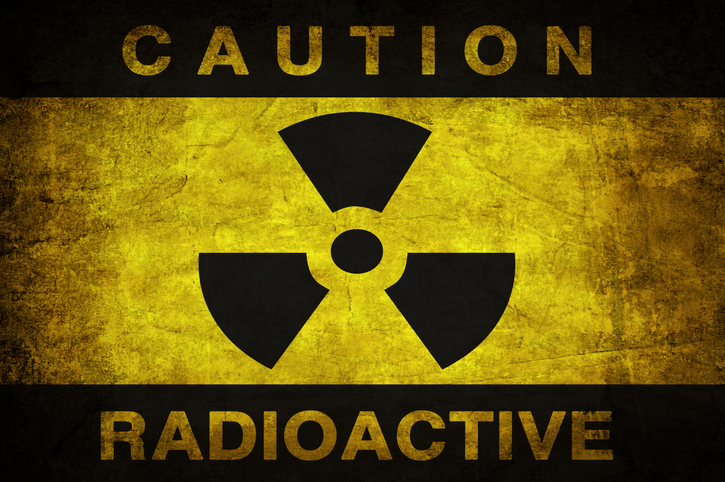Yesterday the House Appropriations Committee voted to approve and move SB 5227, the bill to require college professors and staff to submit to required “diversity, equity and inclusion” trainings as a condition of employment. Refusal by public employees to attend the mandatory sessions could result in dismissal. Many members of the committee appeared to misunderstand the content of these trainings, though they are still moving this bill towards passage, along with two other trainings bills, SB 5228 (in medical schools) and SB 5044 (in K-12 schools). The hearing revealed the controversial nature of the bills.
For example, Representative Gerry Pollet (D-Seattle) said this (at 3:53:30):
“The purpose of many colleges and Higher Education is to learn more about the world, starting with the other people in the world, and that needs to start with the people in your own community, your own state. A commitment to diversity, equity and inclusion education programs, which is what this bill is and nothing else, diversity, equity and inclusion programming, is really good and a core part of what every student in postsecondary education should have. That is why I strongly encourage your support.”
Representative Pollet is mistaken about the requirements of the bills. Analysis shows Critical Race Training does not teach people about the world and the people in our own communities. These trainings require people to describe themselves by race, and then accept the label of “oppressor” or “oppressed,” depending on the color of their skin. These trainings intimidate employees and students into publicly apologizing for who they are. Some employees and students are taught they are oppressed, and are owed some vague, undefined form of reparation. This kind of government thinking is harmful to people of all ages, regardless of race.
Mary, a college student currently enrolled in a course on Critical Race Theory, and who had waited many hours to testify against the bill told the committee:
“…The term anti-racism, it sounds good, but there are many bad ideas that are intertwined with it. For example, there is an idea that people’s psyches need to be “decolonized.” I am hearing this term a lot: Peoples’ psyches need to be decolonized. We should be concerned when there is talk about changing people’s psyches and unconscious.
We are talking about a bill that might target presumed unconscious beliefs, and presumed bias. Right now in the woke movement there is a messy mixture of neo-Marxist ideas, intersectionality, trendy pop-culture literature, all of that stuff is being blended together and it is called anti-racism. I am sympathetic to families who don’t want their children exposed to racial characterization, identity labelling, stereotypes and radical politics. Some families are very worried about it.”
Yesterday’s hearing revealed that committee members are at least now aware these Critical Race Training bills are controversial. The bills are clearly not about improving knowledge and understanding in society.
With no evidence, these trainings label people with “implicit bias.” Critical Race Training promotes segregation and a hostile work environment for public employees, and targets anyone who challenges these hateful, divisive ideas as supposedly racist, in order to silence critics. Yet this type of government-sponsored racial discrimination in schools and the workplace clearly violates the Washington Civil Rights Act and federal civil rights protections.
Lastly, Washington’s public schools have already lost 40,000 students over the last year due to COVID. If SB 5044 and similar bills pass, families will have one more reason to leave public education, to avoid the harmful and narrow-minded atmosphere that Critical Race Training creates.




